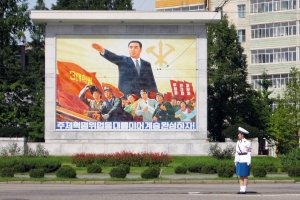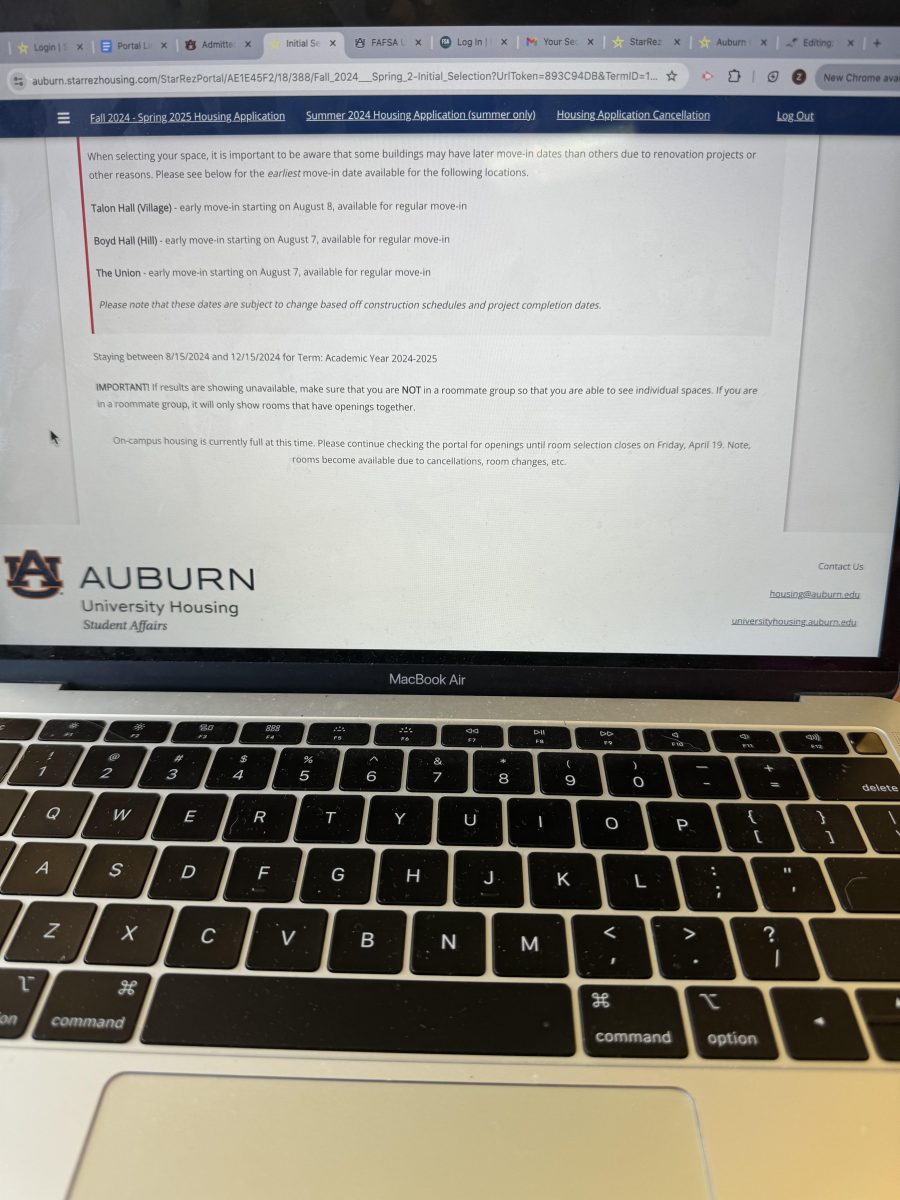On Dec. 17, world leaders were presented with the shocking news that Kim Jong-Il, who had ruled North Korea for two decades, was dead. With the man who had defined his country gone, all eyes turned to Kim Jong-Un, the son of the deceased Kim Jong-Il and the man deemed the “Supreme Leader” by North Korea’s communist party.
Western intelligence agencies, however, came under some scrutiny due to their apparent lack of knowledge about the new leader of North Korea. South Korea’s Minister of Defense found out about Kim Jong-Il’s death from televised news bulletins, rather than reports from his own agency. South Korean intelligence knew little about his poor health.
The concern of Western nations is not unfounded. While the Korean War ended with an armistice in 1953, the two sides never signed a formal peace agreement, which means that they are still legally at war. They have not exchanged ambassadors, and have had strained relations at the best of times that constantly seesaw between hostility and tense peace.
Every so often, small military clashes break out between the armies of the two nations, either along the “demilitarized zone” along the border or in nearby disputed waters. Recently, North Korea sank the South Korean navy corvette Cheonan, killing 46 sailors, and bombarded the South Korean island of Yeonpyeong, killing four people. In both cases, combined U.S.-South Korean exercises were staged in response, threatening to further escalate the crisis.
Fortunately, no major incidents have occurred since then. It is believed that these two attacks were orchestrated in order to prove to North Korean military leaders that Kim Jong-Un was an effective commander.
The question now is whether or not the North Korean military finds Kim Jong-Un to be a credible leader. If not, some analysts fear that another incident involving the two Koreas may be provoked, potentially reigniting a conflict. It is also possible that generals in the North Korean military may try to take power for themselves. In a country as secretive as North Korea, it is impossible to tell what will happen to the nation and the region after Kim Jong-Il’s death.
His passing has brought talk of reunifying the Korean Peninsula, rekindled fears of war and reminded those living in this regional powder keg that any spark could lead to a potential disaster. It brought fear – of the unknown, more than of anything else. Reunification, if even possible, is a long and difficult process, with each Korea wanting to shape the other in its image and with neither side willing to compromise greatly. 2012 will only bring uncertainty and confusion to the two Koreas; only time will tell whether the North decides to open up to the rest of the world, or continue to turn away.



![Since the collapse of the Baltimore Bridge in late March, federal law enforcement has began investigating what preceded the event. In a statement to CBS News, a spokesperson for the FBI said, [The] FBI is present aboard the cargo ship Dali conducting court authorized law enforcement activity. There is no other public information available and we will have no further comment. (Courtesy Isaac Smay via Flickr)](https://www.wjpitch.com/wp-content/uploads/2024/04/53619368036_399400003a_b.jpg)



